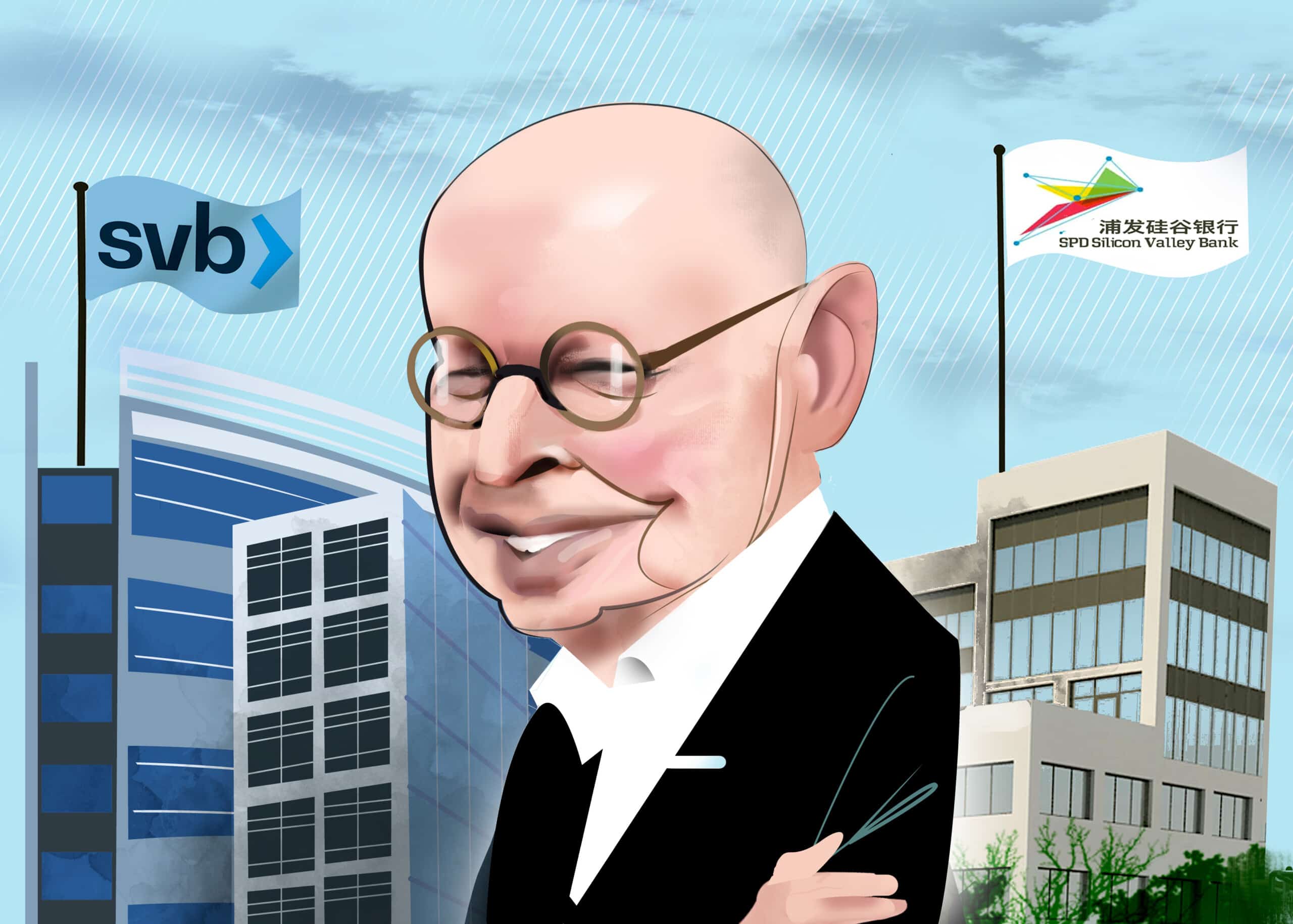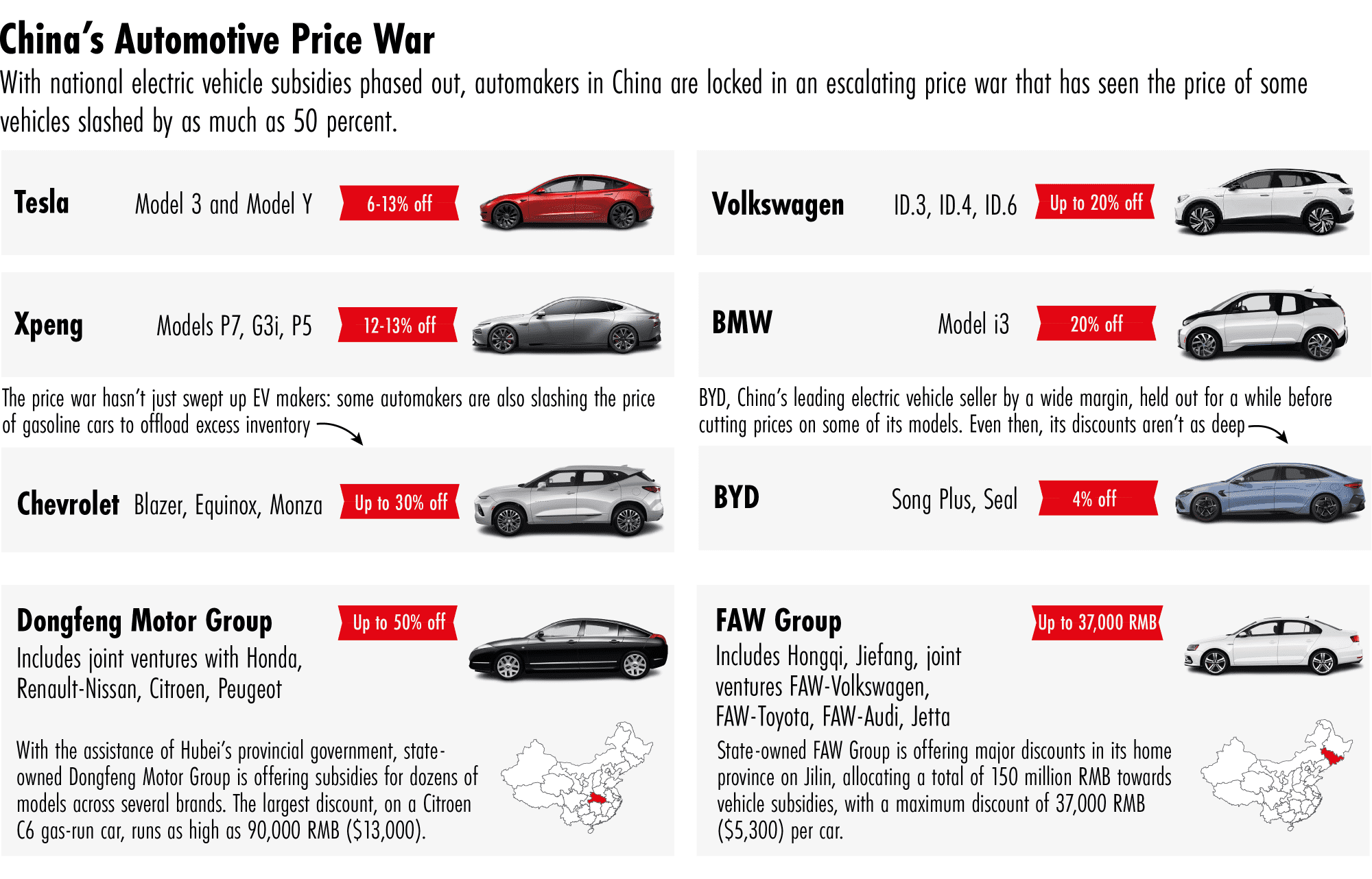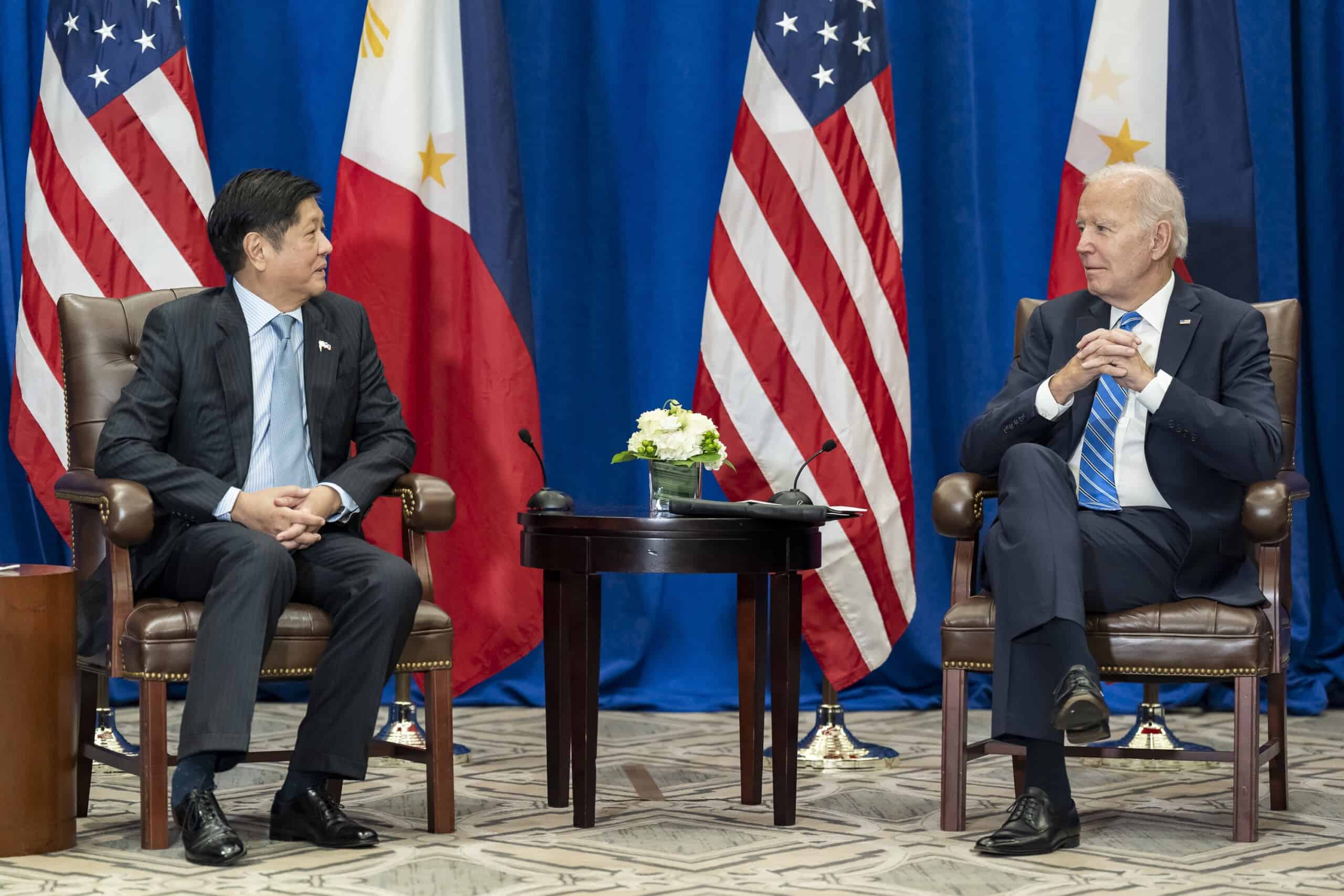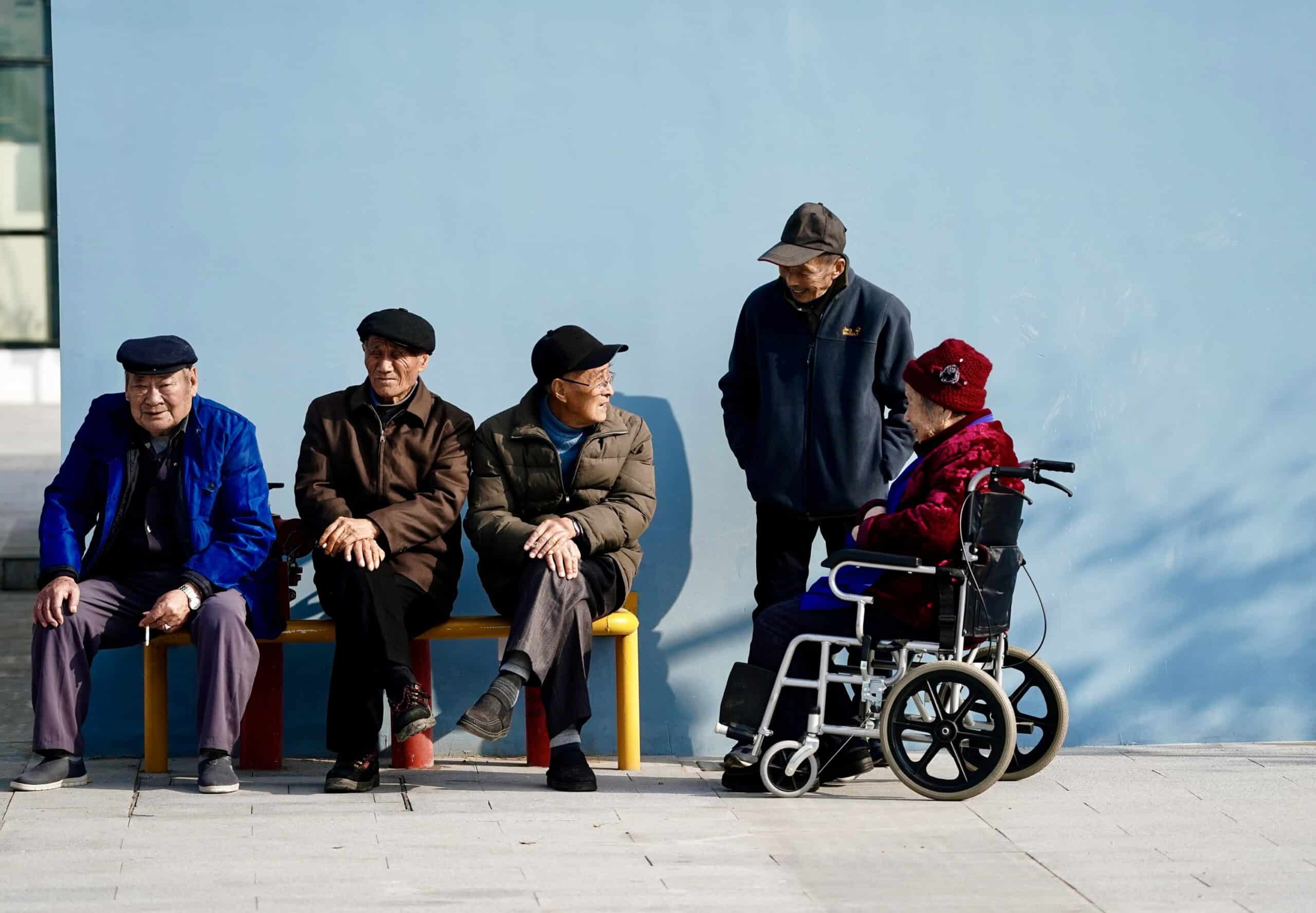Good evening. The collapse of Silicon Valley Bank has largely been a U.S. story. But the bank had both Chinese customers, as we report on this week, as well as a significant footprint in China. Our cover story this week is a personal essay from Ken Wilcox, the CEO of SVB from 2001–2011, who then went on to co-found SVB’s joint venture in Shanghai. The experience, he says, does not bode well for U.S. business interests in China. Elsewhere, we have infographics on China’s EV price war; an interview with Mike Pompeo on why he sounded the alarm on China; and an op-ed from Yoon Young-kwan on how China lost Asia. If you’re not already a paid subscriber to The Wire, please sign up here.
Want this emailed directly to your inbox? Sign up to receive our free newsletter.

SVB’s First Failure
When Ken Wilcox, a former CEO of Silicon Valley Bank, moved to Shanghai in 2011, he was optimistic and eager to start up the bank’s new joint venture in China. A decade later, however, he is extremely cynical about U.S. business interests in China. While analysts will, rightly, be debating SVB’s missteps in the U.S. for the foreseeable future, Wilcox insists the bank’s challenges in China should not be overlooked.

The Big Picture: China’s Fierce EV Price War
Since January, more than 30 automakers have slashed the prices of their vehicles, amid a steep drop in demand for new cars. This week’s infographics by Eliot Chen look at China’s electric vehicle price war: how it started, the potential winners and losers, and implications for the long-term competitiveness of the nascent sector.
A Q&A with Mike Pompeo

Mike Pompeo was director of the Central Intelligence Agency and then Secretary of State in the Trump administration. He is now mulling a run for president and in 2022 raised $8.8 million in political contributions. In this week’s Q&A with Bob Davis — part of our series Rules of Engagement — he talks about how the Trump administration changed U.S.-China relations; why he accused Beijing of genocide in Xinjiang; and why U.S. politicians should visit Taiwan.
Mike Pompeo
Illustration by Kate Copeland

Chinese Tech Feels the SVB Effect
The collapse of SVB has exposed how the U.S. and China’s technological and financial sectors remain deeply intertwined. As Katrina Northrop reports this week, the Californian bank had become popular among Chinese companies, particularly those with international footprints, as a place to park money raised from U.S. investors outside of China’s strict capital controls.

How China Lost Asia
China’s efforts to bully its neighbors into acquiescing to its demands and preferences have not only failed, argues Yoon Young-kwan in this week’s op-ed. They have also led Asia’s democracies to deepen security cooperation with the United States. To avoid catastrophe, both sides should tread lightly.
Subscribe today for unlimited access, starting at only $19 a month.



